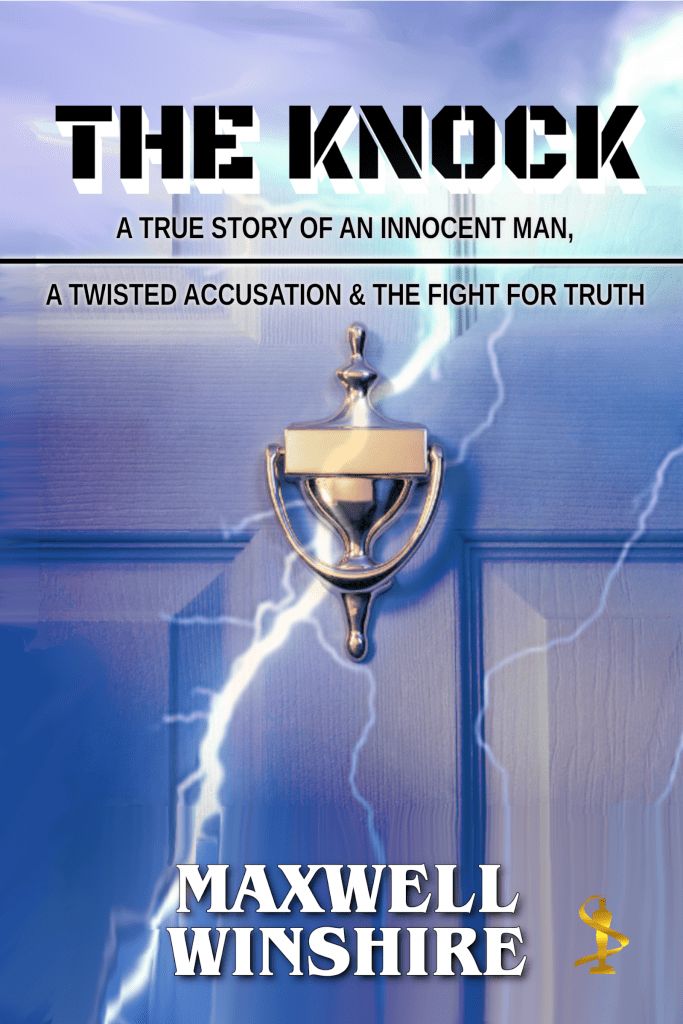Why Write

Why write is like asking why breathe; the simple answer is you just need to. But there are three good other reasons for writing:
1) Therapeutic
2) Economic
3) Altruistic
1) Therapeutic reason for why write
Writing for the self, or journaling, has been found to reduce anxiety, help you to break away from the non-stop cycle of obsessive thinking, regulate emotions and even speed up physical healing.
2) Economic reason for why write
Writing, publishing and printing contributes 1.5% to Gross Domestic Product in Iceland, according to one estimate. Publishing contributes more than £10bn to the British economy, according to the DCMS.
You may be earning a living from writing but the idea that you need to be a bestselling published author with a major publisher to do this is changing.
The famous 1000 true fans essay shows that it is possible to make a good living writing even if you are not a bestseller, but rather serve a satisfied niche of one thousand true fans. Lawrence Yeo refers to this when he writes, “there is no better time to be a writer,” in the economics of writing. He explains that there are two mechanisms which create this opportunity:
The first is, “the marginal cost of creating and reproducing your work is zero.” And the second is, “the traditional publishers, or the gatekeepers of writing, are no longer necessary.”
3) Altruistic reason for why write
Writing for others is perhaps the most noble pursuit of all. I distinguish this from writing for others for yourself, ie. Academic purposes.
The University of Nottingham explains, “writing for others will involve considering your reader and the purpose of the piece of writing so that you clearly communicate your intended evidence, ideas and argument to the reader.”
But what I mean by writing for others, is trying to help others or society with your writing. This doesn’t negate that you may receive public acknowledgement, riches or awards, alongside, but nor do these deny the true altruistic purpose of the work.
I would include, “The Ragged-Trousered Philanthropist” by Robert Tressell, who died before he saw the success of his own work, “Post Office” by Charles Bukowski and George Orwell’s dystopian, “1984” in this category.
Who Do I Write
I wrote, “Katy’s Loss”, about a dystopian TV show set in 2084, because I was horrified by The Jerry Springer Show, before someone had committed suicide after appearing on the similar Jeremy Kyle Show in England. I like to think I wrote it to prevent something like that happening.
But it was also to exercise my own demons. The show in my story is about psychosexual problems and, if I am honest, largely my own. However, I still think someone reading, might feel less alone by reading them.
It certainly wasn’t a pleasing experience to write. In fact, I often felt like throwing up in the process. But, you see, it just had to be done.
Why Writer
You are a writer if you need to write, however painful it is. And that means emotionally painful. I don’t think there’s any such thing as good writing that doesn’t hurt to write. I am not suggesting that you can’t enjoy the process, but powerful writing is gut-wrenchingly heart-searingly honest, and for me, at least, that’s always going to be difficult.
It doesn’t matter what the genre, there is achingly beautiful Science fiction writing, for example, “Do Androids Dream of Electric Sleep” by Philip K. Dick, high-literary fiction like “The Sense of an Ending” by Julian Barnes, or painfully-true gutter-fiction like “Notes of a Dirty Old Man“, “Women” or “Post Office”, my personal favourite, by Charles Bukowski.

From Poets.org
You can choose to be a writer, but perhaps the best writers are chosen. Charles Bukowski writes in So you want to be a writer?, “if you have been chosen, it will do it by itself and it will keep on doing it until you die or it dies in you.”
Maxwell Winshire is the author of the ‘What’s Your Problem?” Trilogy, a dystopian Talk Show set in 2084 with a difference: Counsellor vs Patient. You can find out more on his website: www.maxwellwinshire.com.


